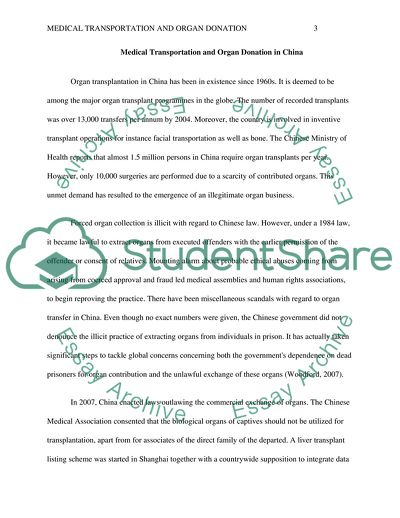Cite this document
(Medical Transportation and Organ Donation Assignment, n.d.)
Medical Transportation and Organ Donation Assignment. https://studentshare.org/health-sciences-medicine/1769436-medical-transportation-and-organ-donation-a-compare-of-china-and-canada
Medical Transportation and Organ Donation Assignment. https://studentshare.org/health-sciences-medicine/1769436-medical-transportation-and-organ-donation-a-compare-of-china-and-canada
(Medical Transportation and Organ Donation Assignment)
Medical Transportation and Organ Donation Assignment. https://studentshare.org/health-sciences-medicine/1769436-medical-transportation-and-organ-donation-a-compare-of-china-and-canada.
Medical Transportation and Organ Donation Assignment. https://studentshare.org/health-sciences-medicine/1769436-medical-transportation-and-organ-donation-a-compare-of-china-and-canada.
“Medical Transportation and Organ Donation Assignment”. https://studentshare.org/health-sciences-medicine/1769436-medical-transportation-and-organ-donation-a-compare-of-china-and-canada.


